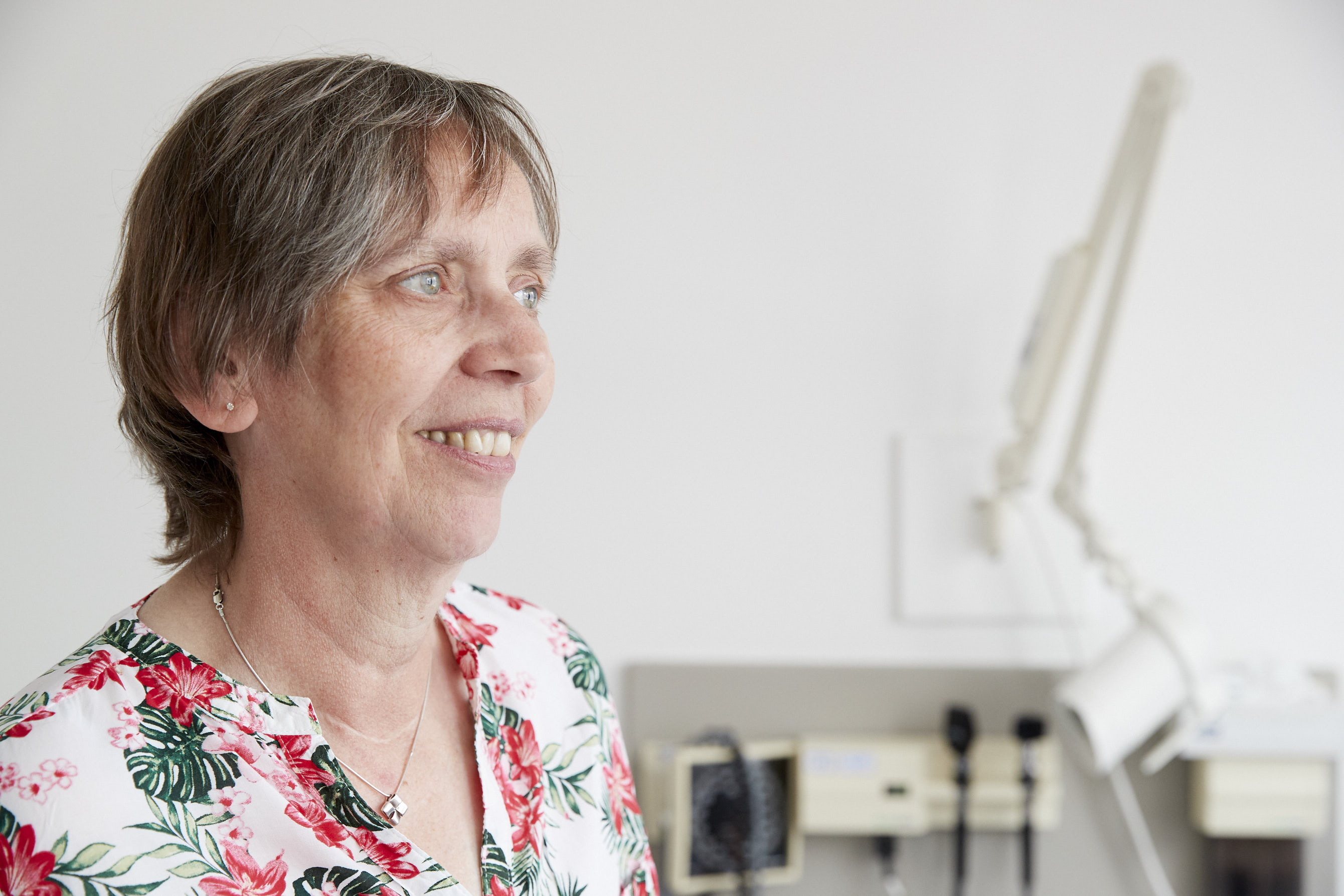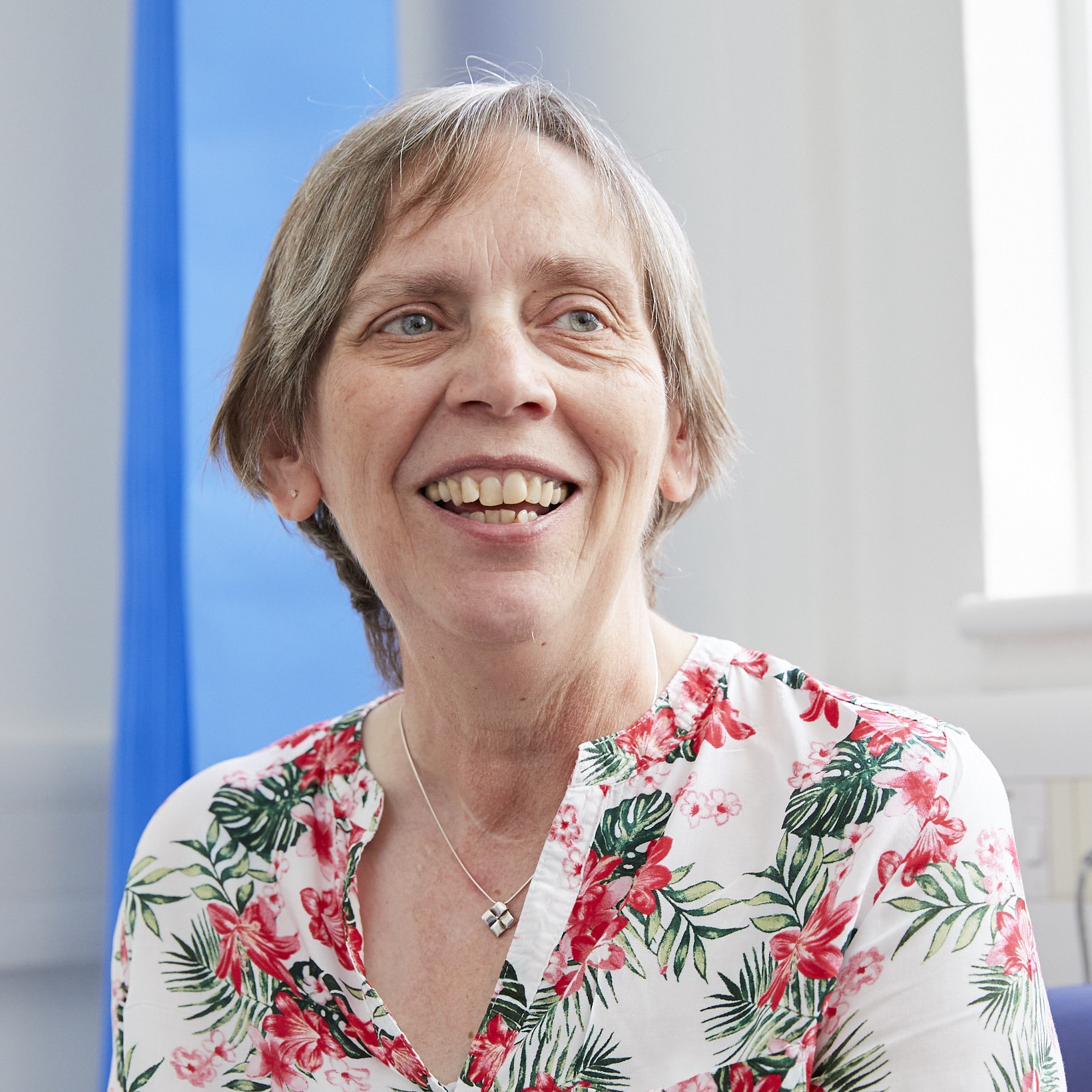
A Waterbeach woman involved in a Cancer Research UK (CRUK)-funded study – that has found women in England diagnosed with early breast cancer today are 66% less likely to die from the disease within the first five years than they were 20 years ago – has welcomed the results.
The new study published in the BMJ has revealed 3 in 10 women diagnosed in the 1990s died from the disease within 20 years but that based on trends outlined in this study it is likely women diagnosed today have a much lower risk.
A major study by researchers from Oxford Population Health (Oxford University), it is the first of its kind to include all women (512,447) who were diagnosed with early invasive breast cancer in England between January 1993 and December 2015, and follow them up until December 2020.
It found women diagnosed with early invasive breast cancer between 1993 and 1999 had a 14% chance of dying from the disease during the first five years, but for women diagnosed between 2010 and 2015 the chance was much lower, at 5%.
This is the first study of this size with an extended follow-up to not only track which women died from their disease, but map out characteristics of the patients and their cancer. Using up-to-date data, it enables doctors to provide accurate prognoses for women, helping them to plan their lives.
For example, a patient in her 50s with a small, low-grade hormone receptor positive breast cancer that has not spread to the lymph nodes can be strongly reassured, because she has an excellent prognosis.
CRUK’s chief executive, Michelle Mitchell, said: “It’s heart-warming news that women today have more time with their families and loved ones after an early breast cancer diagnosis. Receiving any cancer diagnosis is an extremely worrying time, but this study can give patients a more accurate prognosis and offer reassurance for many women.”
These results reflect the power of research, treatment optimisation and early detection in saving lives. Possible reasons behind the striking improvement in breast cancer survival include
• Research has uncovered the varying characteristics of breast cancer, allowing for more targeted treatments like trastuzumab (Herceptin).
• Introduction of new treatments for early breast cancer, like novel hormonal therapies and chemotherapy drugs.
• Radiotherapy has improved as a result of clinical trials such as the CRUK-supported START trial. This continues, with studies like IMPORT-HIGH and PRIMETIME that have given better understanding of how radiotherapy can be developed and used to make shorter, more effective treatment for breast cancer patients.
• Improvements in detection and breast screening, including improved public awareness of signs and symptoms.
Hilary Stobart, 68, from Waterbeach, has previously been treated for breast cancer and was a patient involved in this study.
She was diagnosed with breast cancer through screening, receiving the news six days before Christmas in 2009. She had surgery, then was invited to take part in a research trial at Addenbrooke's looking at optimising radiotherapy treatment – the IMPORT LOW study led by Prof Charlotte Coles our CRUK RadNet Cambridge lead.
Since then, the retired mother and grandmother, who used to look after IT in a Cambridge college, has been involved adding patient views to various research studies.
Hilary said: “When you’re diagnosed with cancer, you suddenly join a club you don't want to be part of.
“But you find you have an awful lot in common with the other people in the club. You have a different perspective on what's important.
“I really enjoyed being involved in this study because it shows what we’ve done and that we need to go on doing it. There’ll be more figures needed in another five years or another 10 years because breast cancer isn’t done. That’s really important.”
There are around 56,800 new cases of breast cancer each year, making it the most common cancer in the UK. While breast cancer death rates have dropped dramatically over the last 20 years, around 11,300 people still die of it each year, meaning it is the UK’s fourth biggest cause of cancer death. By 2040, due to a growing and ageing population, CRUK estimates there will be 70,300 breast cancer diagnoses each year.
Professor of Oncology at Oxford Population Health and the lead author of the paper, Dr Carolyn Taylor, said: “Our study is good news for the overwhelming majority of women diagnosed with early breast cancer today because their prognosis has improved so much. Their risk of dying from their breast cancer in the first 5 years after diagnosis is now 5%.
“It can also be used to estimate risk for individual women in the clinic. Our study shows prognosis after a diagnosis of early breast cancer varies widely, but patients and clinicians can use these results to predict accurate prognosis moving forward.
“In future, further research may be able to reduce the breast cancer death rates for women diagnosed with early breast cancer even more.”
CRUK’s chief executive, Michelle Mitchell, added: “Through the power of science, research, clinical trials and screening over the last 20 years, huge improvements have been made in cancer diagnosis and treatment. However, the UK lags behind other countries when it comes to cancer survival.
“The governments across the UK must show political leadership in cancer by taking action to help diagnose and treat cancers earlier, and ensure the NHS has enough staff and equipment to meet the growing demands of the future.”
Reference
Taylor, C et al Breast cancer mortality in 500 000 women with early invasive breast cancer in England, 1993-2015: population based observational cohort study BMJ 2023;381:e074684
















